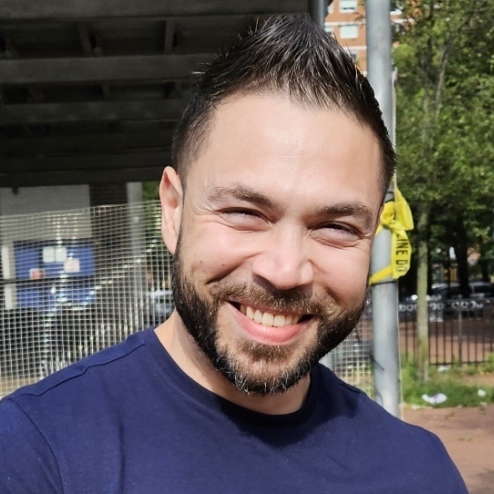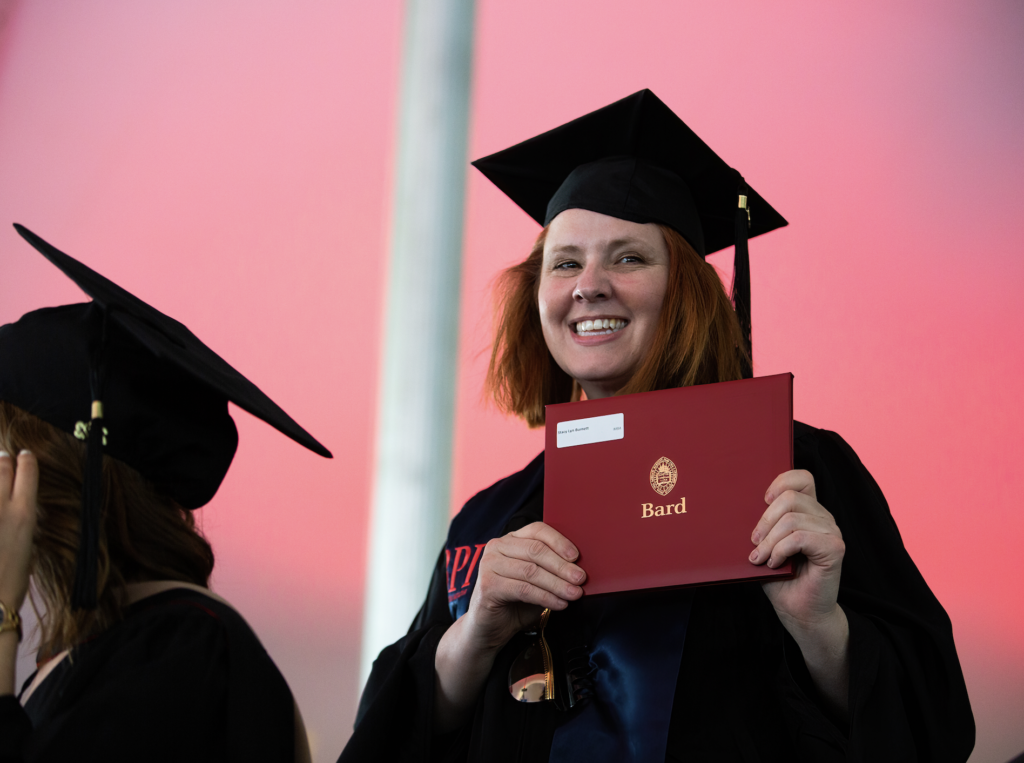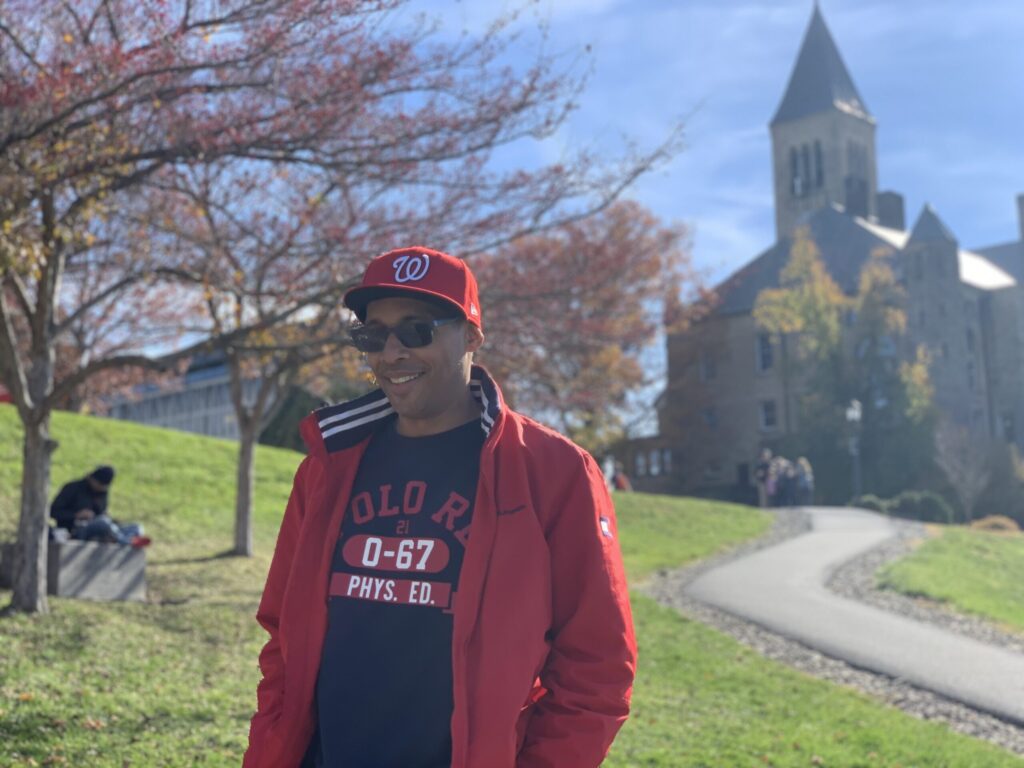After my release in the summer of 2024, I worried about the transition from BPI on the “inside” to life in the “free world.” BPI at Taconic Correctional Facility was a lifesaver for me; I survived incarceration by walking into a Bard classroom each day. Most people who return home want to leave everything about prison behind them in order to start a new life, but I could not leave BPI behind. I wanted to continue to be a part of the Bard community, and even more so, I wanted to continue to be a source of support for Bard students. The full-time tutor position at the Harlem Microcollege for Just Community Leadership has been a way for me to continue to grow and build within the Bard community. In this position, I learned that education has the power to build, unite, and transform communities.
My first month of tutoring was an incredible experience. I was immersed in a comfortable and familiar space with a varied cohort of unique students. The first study group tutoring session I held was with three students: a 68-year-old woman from Harlem who after a lifetime of working, serving in the military, and caring for her own elderly mother had decided she would “finally do something for” herself, a 40-year-old student who was over working in the corporate field and had dedicated herself to becoming a full-time liberal arts student, and a 20-something-year-old who didn’t necessarily feel like she needed any help but just wanted to have a conversation to get her ideas flowing. With a group of students that varied in age and life experience but shared a community, I knew that I would have a phenomenal year.
During the fall semester, many tutoring sessions were focused on structuring papers and revising drafts. I was able to introduce students to the CEA (claim, evidence, and analysis) style of writing, which helped with close reading classroom texts and finding material that students could use to connect ideas in their papers. I had set out to help students develop their writing skills and to build community with open discussions about concepts and themes covered in class. I often used the wait time between classes to ask students what they thought about the reading or how they felt about class discussion. I took note of their ideas and often referred back to them during tutoring sessions when students felt like they were experiencing writer’s block and were stumped with how to move forward with an assignment.
By the spring semester, students felt more comfortable with the writing process. I held less formal tutoring sessions where papers and outlines were dissected, and was able to have more spontaneous meetings with students about themes and concepts behind their coursework. We were able to challenge each other’s ideas and support each other’s efforts. It was in the second semester that I was truly able to embrace the role of tutor as more than just a resource for navigating assignments and coursework. I had become part of the academic community at BPI and was living the mission of the program.



